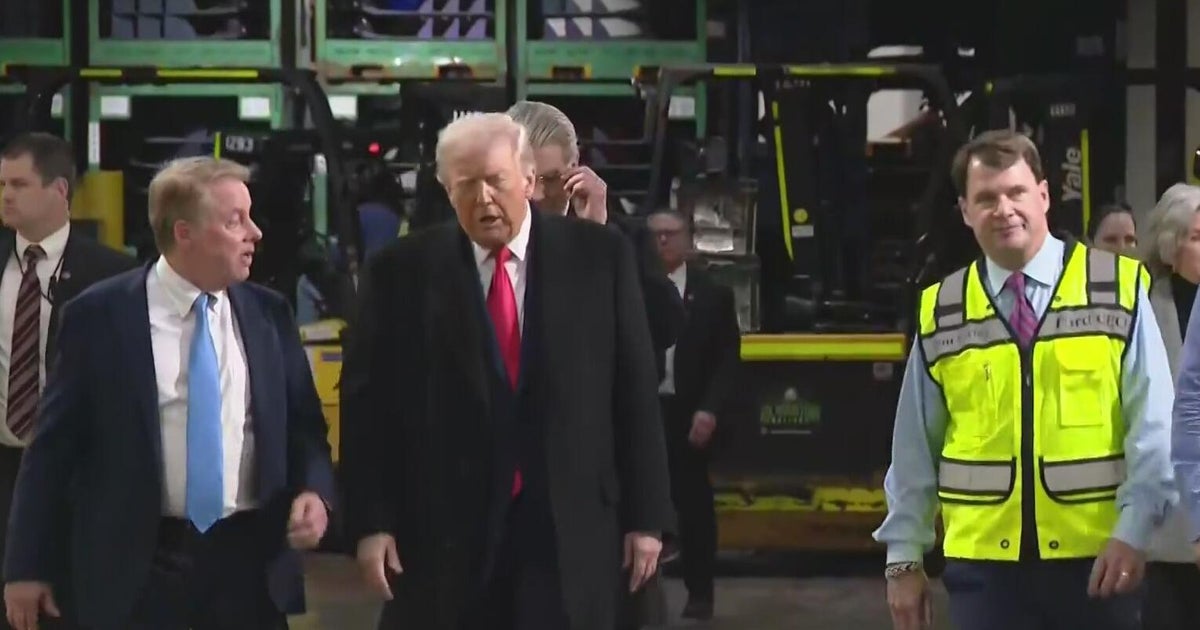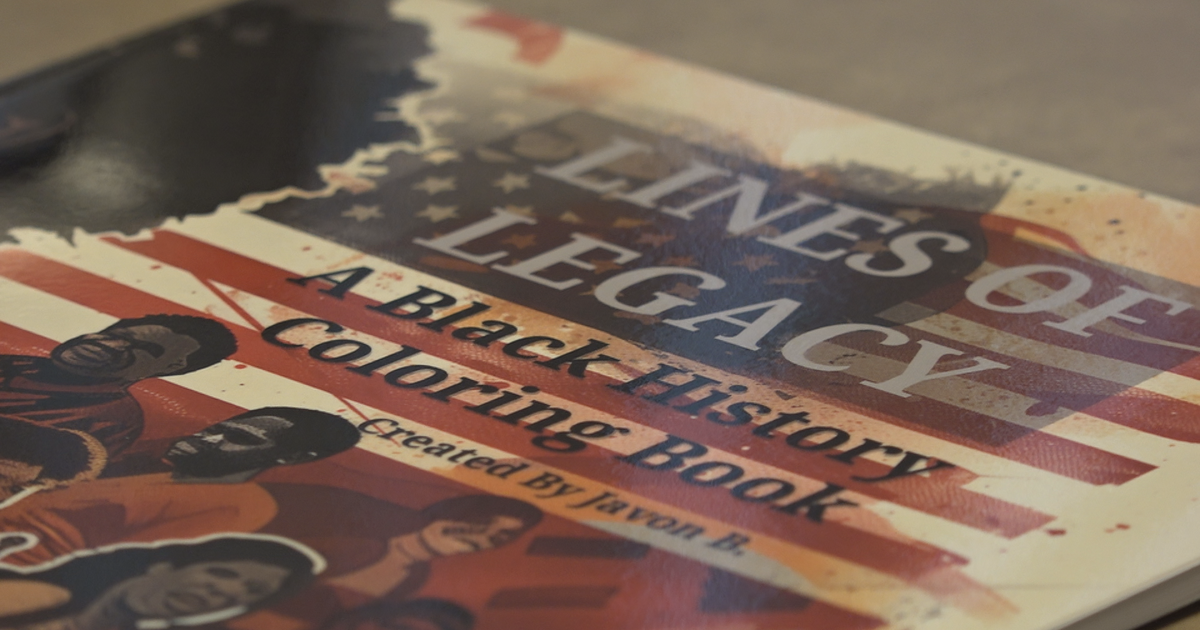Friedman: Average Is History
MACKINAC ISLAND -- Welcome to Lake Wobegon.
You know, the fictional town of public radio's Garrison Keillor, where all the women are strong, all the men are good-looking, and all the children are above average.
Because we've all got to be above average now just as the opening ante in the hyperconnected global economy, according to New York Times columnist and best-selling business author Thomas Friedman.
Friedman told the Detroit Regional Chamber's Mackinac Policy Conference that the "central fact of our time is that average is over. All of us now need a unique value add to explain why we should get a job and hold a job."
Friedman's latest book, "That Used To Be Us: How America Fell Behind in the World It Invented and How We Can Come Back," covers four major issues confronting the country today -- the debt and deficit; energy, the environment and climate change; the strategies that brought America to global dominance; and how we face the biggest challenge of our time, the merger of globalization and IT.
Friedman said he would restrict his comments to the last two issues for a business audience.
In terms of the strategies that brought America to world leadership, Freidman said, "We didn't get here by accident, we actually had a formula for success."
He said that included educating the population up to and beyond the current state of technology. In the era of the cotton gin, that meant free grade school education. In the era of the factory, that meant free high school education. And today, he said, it means some kind of education beyond high school.
America's other strategies included having the best infrastructure, from roads to telecom; having the world's most open immigration policies, allowing immigrants in to build businesses; having the world's most open and best-regulated capital markets; and having the most government funded research of anywhere in the world.
Obviously, all those things are in jeopardy today and need help.
As for globalization, Friedman said, "We've gone from flat world 1.0 to flat world 2.0. We've gone from a connected world to a hyperconnected world." Indeed, Friedman's seminal "The World Is Flat" came out before Facebook, Twitter, Skype and LinkedIn.
Just how hyperconnected is the world today? There's 3G Internet access at the peak of Mt. Everest. Tiny, remote Syrian villages create their own news services to cover their country's uprising. And tiny Grinnell College in Iowa now gets hundreds of applicants from China every year -- half of whom had perfect 800 math scores on their SATs.
Today's workers, Friedman said, have to invent their own jobs, and reinvent them while they're doing them. And it means "we need to bring our bottom up to average so much quicker. If you are below average in a world where average is over, there is nothing down there, there is no job that will give you an average standard of living."
Friedman said today's business people need to think in one or more of four ways:
* Think like an immigrant, pursuing opportunity with more vigor and stick-to-it-iveness than someone who takes American opportunity for granted.
* Think like an artisan, doing your job with so much pride every day that you'd put your initials on all your work.
* Think like a "starter-upper," like you're always in beta, you're always just starting out.
* Think like a waitress at a Pancake House restaurant, which recently gave Friedman's breakfast companion an extra helping of fruit on pancakes. "She got a 50 percent tip" as a result, Friedman said. "She didn't control a lot but she did control the fruit ladle, and she used it entrepreneurially. We all need to think about how we can add something extra."
In questions from WDIV Channel 4's Devin Scillian, Friedman acted like he wasn't seriously worried about trade threats from China.
"We need to implement our trade laws," Friedman said. "When China is heating, we need to call them on it."
But he said he wouldn't really worry about China until they steal what he called America's real secret to success -- its Declaration of Independence, its Constitution and its Bill of Rights.
"There's only one way to get rich, and that's to get out of the stealing business and the assembly business and get into the inventing business," Friedman said of China. "And you can't get into the inventing business if you're censoring Google."
He also said China faces a looming demographic crisis through government efforts to control population growth, because it will shortly have "one kid trying to pay for the retirements of two parents and two grandparents."







